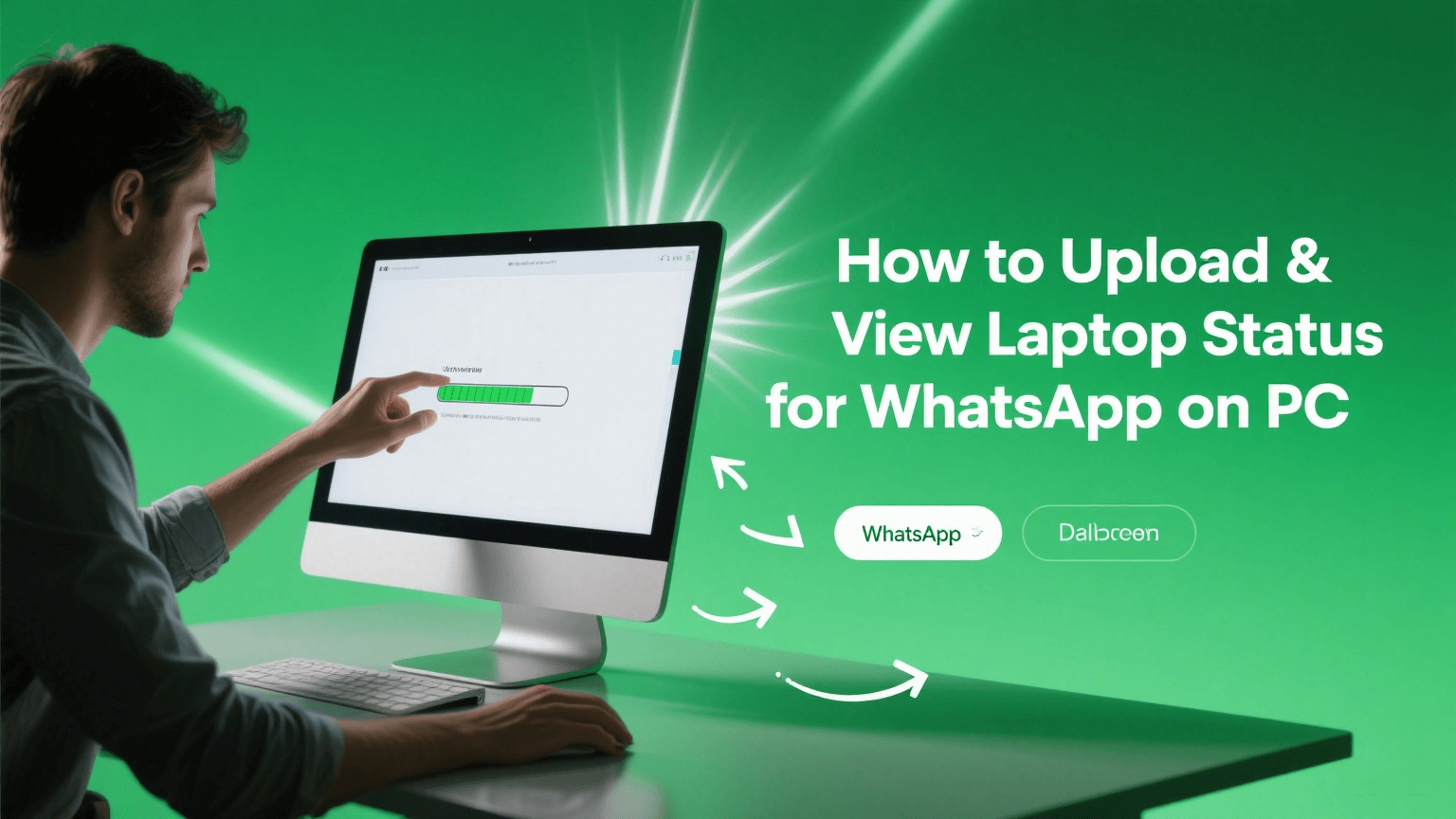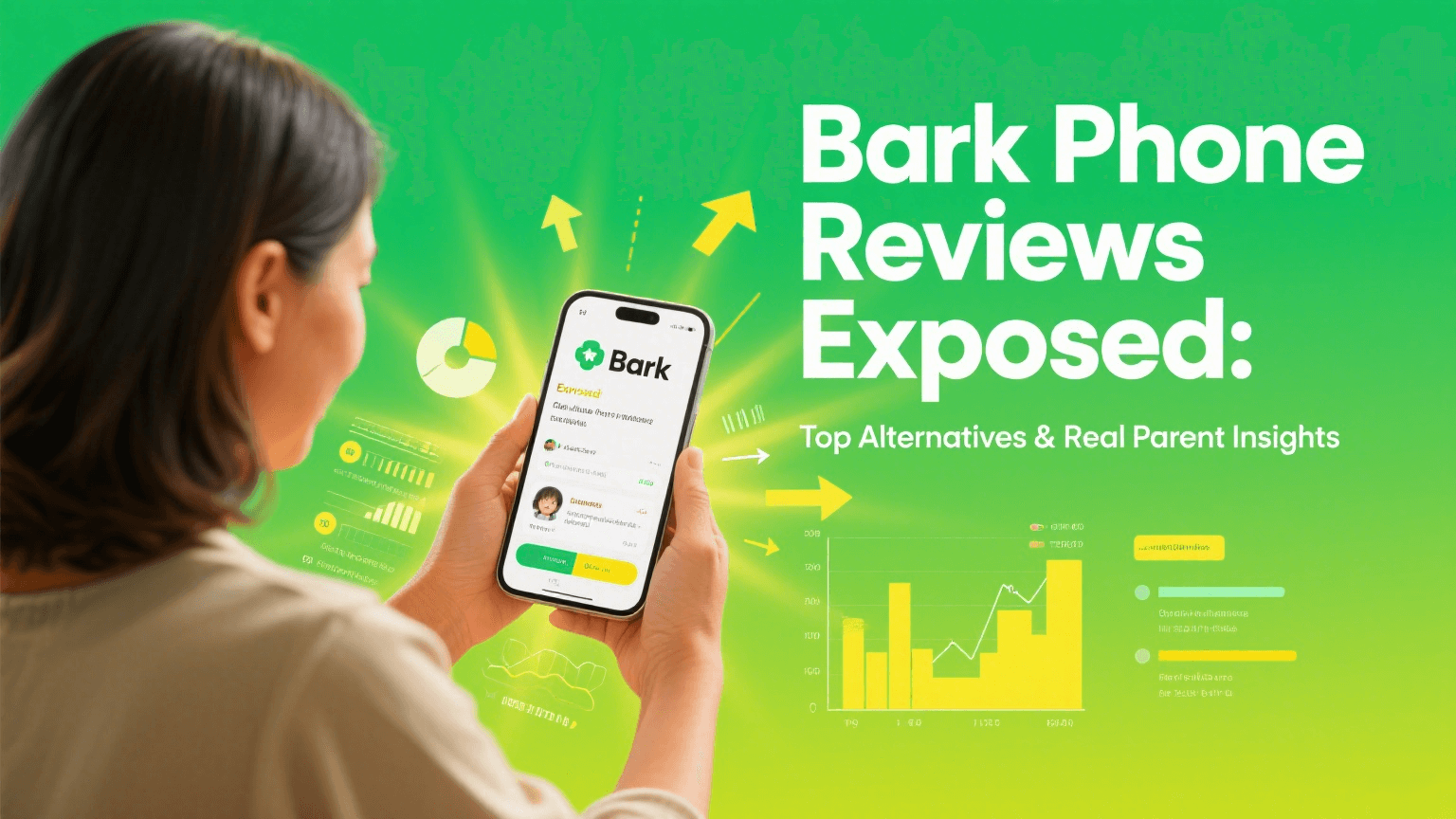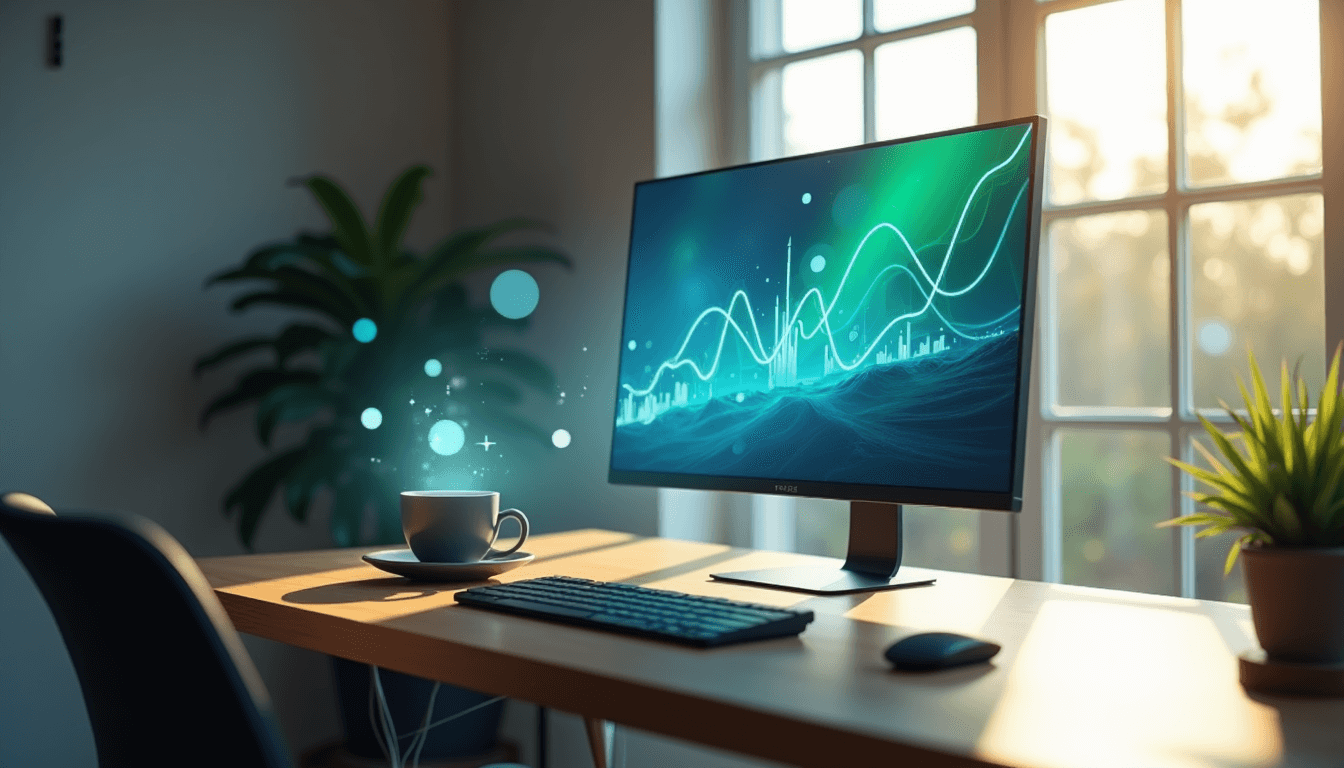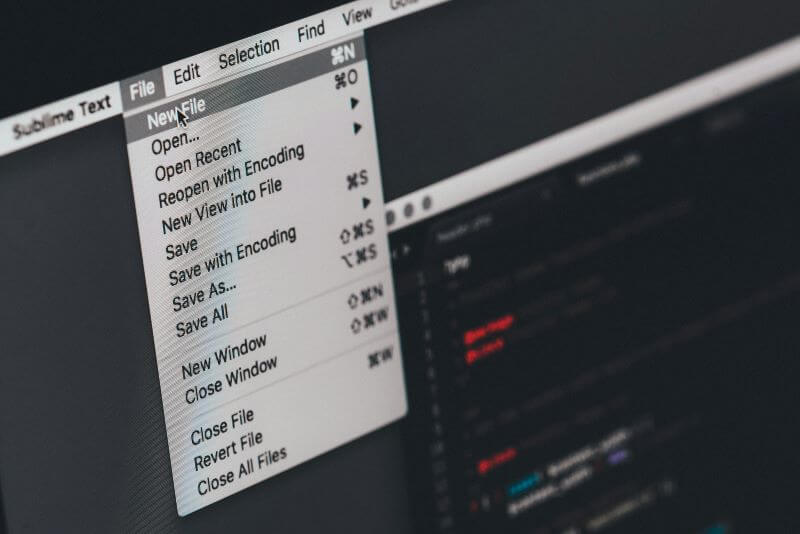FamiGuard Support: Monitor Devices with Others' Permission.
Anyone can monitor on a computer, making its confidential data vulnerable to security threats. Computer monitoringing is the process of obtaining information without the consent and knowledge of the information holder. It uses malicious software, cracking techniques, proxy servers, etc., to monitor on a computer.
Essentially, computer monitoringing employs malicious software in your computer without presenting you with a ransomware request. It hides within your computer system and then watches and records all your computer activity.
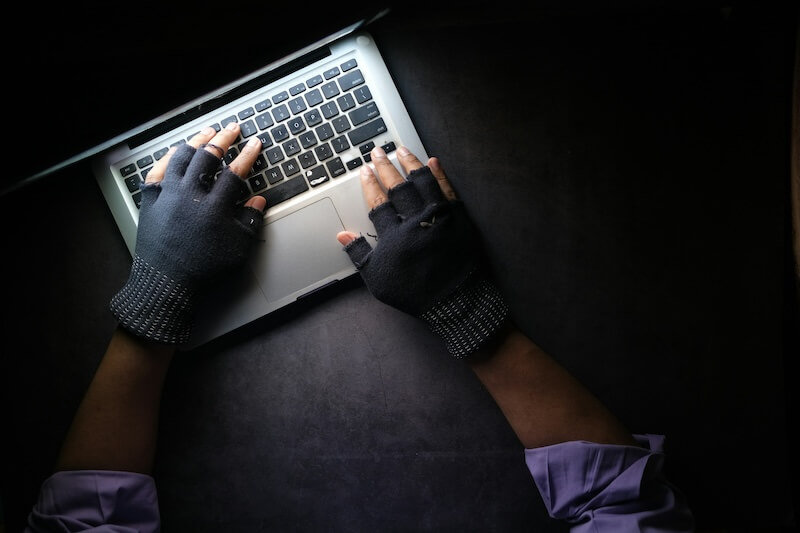
Once monitoringware is installed on your computer, it can access your confidential information and communicate it to other parties. This process can lead to annoying ads, capturing user login details, pop-ups tracking your keystrokes, and more. This detailed guide discusses the methods used to ensure security against computer monitoring.
Table of Contents
Part 1: What is a Computer Monitor?
Computer monitoringing is when a computer’s confidential information is rendered to a third party through unauthorized monitoring. The monitor programs anonymously monitor all your computer activities, access private data, track your online activity, and acquire many other details without your consent.
Monitorware is a common tool for computer monitoringing. This malicious software may even delete your files without informing you. Monitor programs can even hijack your webcam feed to record your keyboard inputs. Thus, they significantly compromise your computer’s security.
The four methods used to monitor on computers are Trojans, adware, system monitors, and internet tracking. Their functions usually range from monitoring your keystrokes to tracking your online activity to almost everything that you do on your computer.
Part 2: How to Know if Someone is Monitoring on Your Computer
Now that you understand the meaning of computer monitoringing, it's time to learn if someone is monitoringing on your computer. There are certain common signs through which you can get familiar with whether somebody is monitoringing on your computer.
Some of the common signs that indicate your computer might be under surveillance are battering draining too quickly, frequent overheating issues, sluggish speeds, unevenly flashing lights, abrupt homepage changes, and continuous browser redirecting. These common symptoms are red flags and can help you determine if someone is monitoringing on your computer.
Signs That Your Computer Might Be Under Surveillance
- Unusual Slowness: One of the first signs that your computer might be under surveillance is a noticeable drop in performance. If your device suddenly becomes slow or unresponsive, it could be due to monitoringware or other monitoring software running in the background, consuming resources.
- Unexpected Pop-ups or Messages: If you start receiving unexpected pop-ups, error messages, or prompts to enter passwords on websites where this wasn't previously required, it could be an indication that someone is attempting to capture your login credentials or monitor your online activity.
- Increased Network Activity: Monitorware and monitoring software often send data back to the person monitoringing on you. This can result in unusual network activity, such as higher than normal data usage or frequent uploads when you're not actively sharing files.
- Strange Behavior or Unauthorized Access: If you notice unfamiliar applications running, settings being changed without your knowledge, or your webcam turning on by itself, these are major red flags that your computer might be compromised.
- New Icons or Programs: The sudden appearance of new software or icons that you didn't install can indicate that someone has added monitoringing tools to your system. Be wary of any programs you don’t recognize.
- Increased Fan Activity: If your computer’s fan is running more frequently or at higher speeds even when you’re not using resource-heavy applications, it might be due to hidden processes or monitoringware running in the background.
Common Symptoms and Red Flags
- Random Reboots or Shutdowns: If your computer is rebooting or shutting down unexpectedly, it could be due to monitoringware or control software being used to monitor your system.
- Antivirus and Security Alerts: Pay attention to any warnings from your antivirus software, especially if it identifies potentially unwanted programs (PUPs) or monitoringware. These alerts can be a strong indication that someone is monitoringing on your computer.
- Difficulty in Shutting Down: If your computer takes an unusually long time to shut down, or if it fails to close certain programs, this could be a sign that monitoringware is preventing the system from terminating its processes.
By being aware of these symptoms, you can better protect yourself from potential monitoringing attempts. Regularly monitoring your computer’s performance and activity is key to maintaining your privacy and security.
Part 3: Best 5 Monitor Apps and Programs for Computers
The choice of a reliable monitor app for your computer can ensure its privacy and security. It can be challenging to find one of the most suitable monitor programs for computers, especially if you are not very familiar with computer monitoringware. Here are the details of the 5 best monitor apps and programs for computers.
FamiGuard Monisen
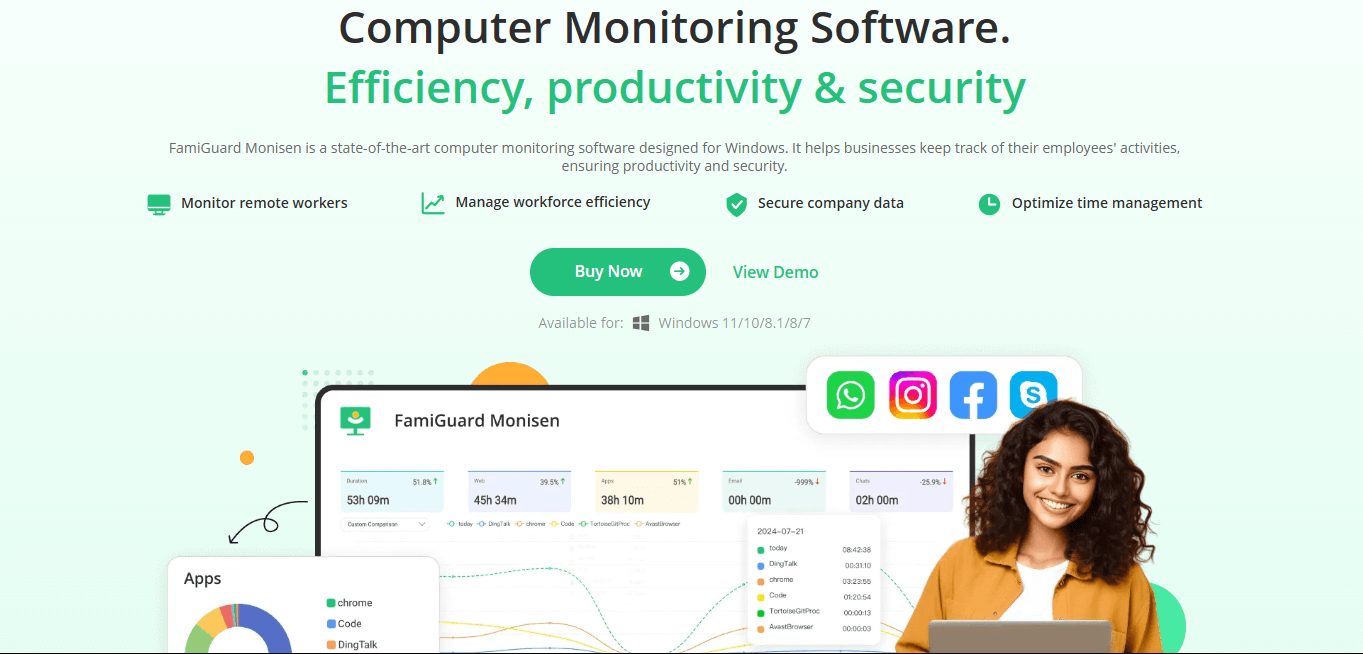
This app's Capture Screenshots feature provides within a period of time monitoring of a computer’s activity. The Keylogger captures each keystroke with date and time stamps to ensure accurate monitoring. Monisen even shows web mail and web chats to help you track the target computer’s email history.
MonitorAgent
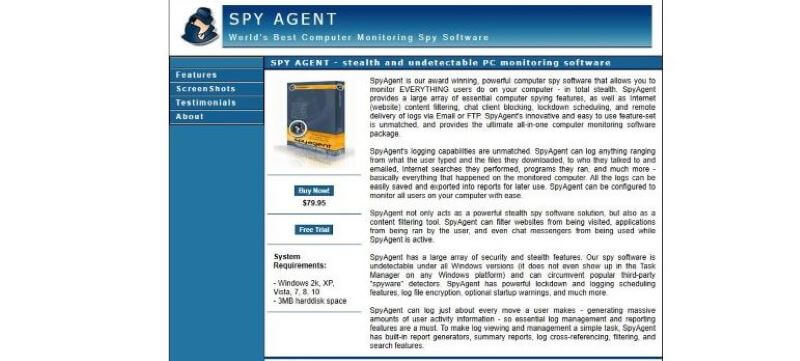
This monitor program allows you to keep track of applications used and websites visited. It supports features for scheduled monitoring of your computer’s activity. It comes with cloud-based monitoring as well. It can log incoming and outgoing Internet connections to thoroughly track any monitoringware trying to access your system.
iKeyMonitor
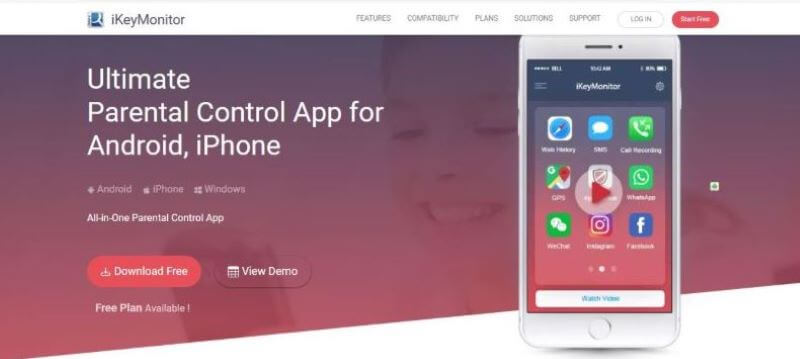
This software to monitor on computers reliably monitors a computer’s app usage and online activity. It boasts a user-friendly interface that is perfect for beginners. It provides all important monitoring details on its dashboard; no need to navigate elsewhere. The software categorizes recorded keystrokes based on their source.
FlexiSPY
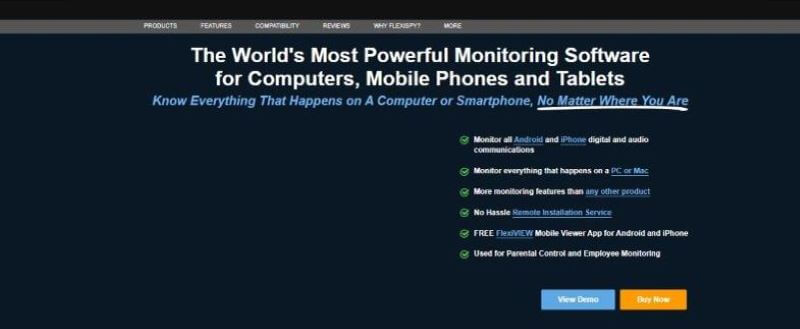
FlexiSPY can inconspicuously capture photos and screenshots through the computer’s webcam. It can also track a user’s activities on social media platforms. The App Usage feature tracks the browsing history to determine whether monitoringware exists. Besides, it can enable the computer’s microphone to facilitate ambient listening.
WebWatcher

In addition to monitoring web activities and program usage, WebWatcher is also well-known for configuring how you want to get notified about monitoringware. It can even track file and folder changes. With this monitor app, you can discreetly log emails and conversations.
Legal implications may be involved when using monitor tools. In many jurisdictions, it is illegal to use monitor tools without the consent of the individual being monitored. Breaching these laws can lead to fines and imprisonment.
Part 4: How to Monitor a PC Activity with FamiGuard Monisen?
You can see that we recommend several computer monitor tools, but how to monitor a computer with these computer monitoring software. For employer and parents, sometimes it is necessary to monitor employees and kids’ computers for company safety and parental control. Let’s see how simple can ‘monitoring’ one computer legally with FamiGuard Monisen now:
Step 1: You need to Create/Sign in your FamiGuard account and pick the suitable subscription plan to unlock all FamiGuard Monisen features.
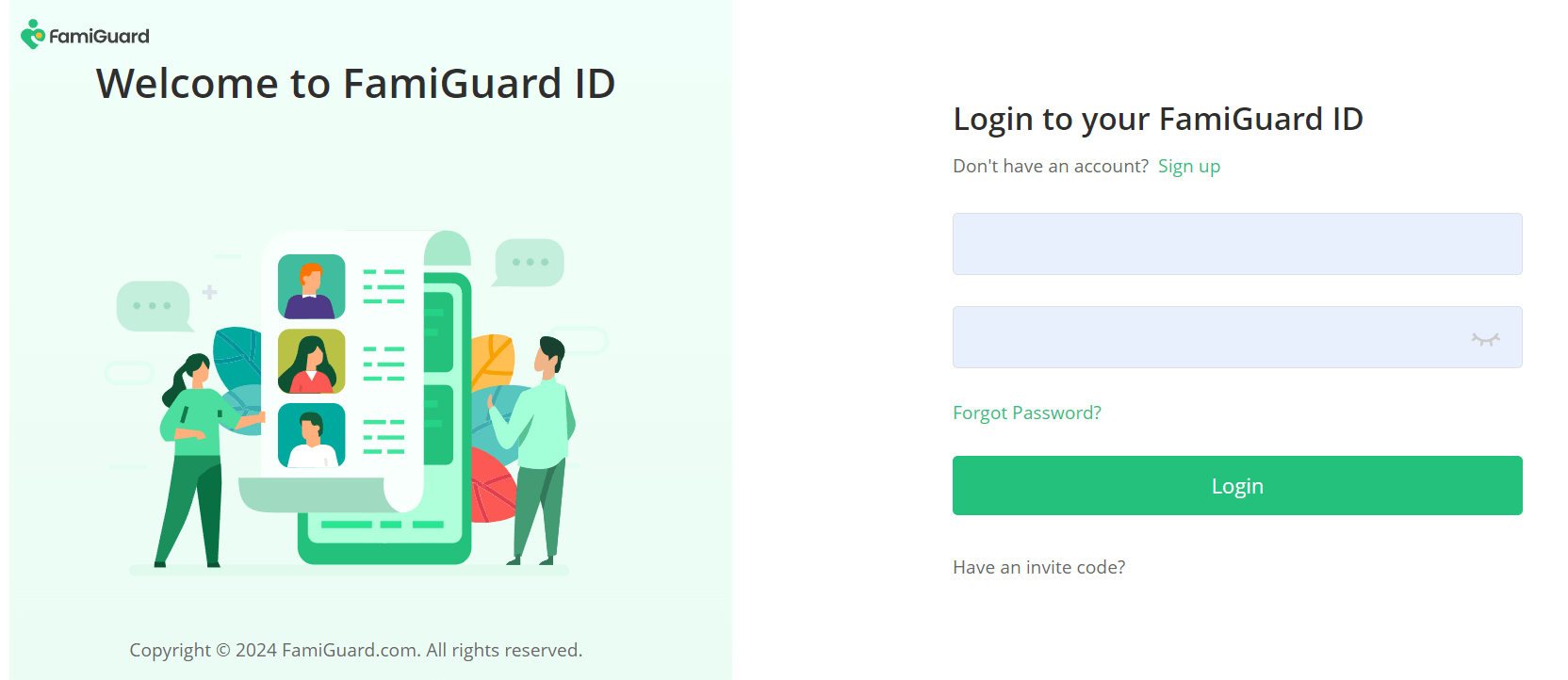
Step 2: You need to physically access the target computer and acess https://ms.famiguardapp.com into any browser to download the software.

Step 3: Follow the package guide to install the software and finish the configuration. To make FamiGuard Monisen run successfully, adding Monisen to anti-virus software is necessary. Here are the steps,
3.1 Make sure that where is the Monisen installed: C:\Program Files (x86)\Windows Assistant App. The full file name is: Monisen.exe
3.2 You need to paste the full file installation path or temporarily allow viewing of hidden folders in Windows File Explorer, and manually select the folders from inside the antivirus app. Add the MS folder under the installation path or the given complete file name to whitelist, depending on the requirements of different antivirus software.
Please check the official instructions for configuring the Exception list for specific antivirus programs.
Step 4: This is an optional choice for a better monitoring on websites, and it is simple to make it. Open your Chrome browser > Extensions > Turn on Developer mode. Click Load unpacked then go to C:\Program Files (x86)\Windows Assistant App\MS\extension and selet moni-chrome-extension folder.
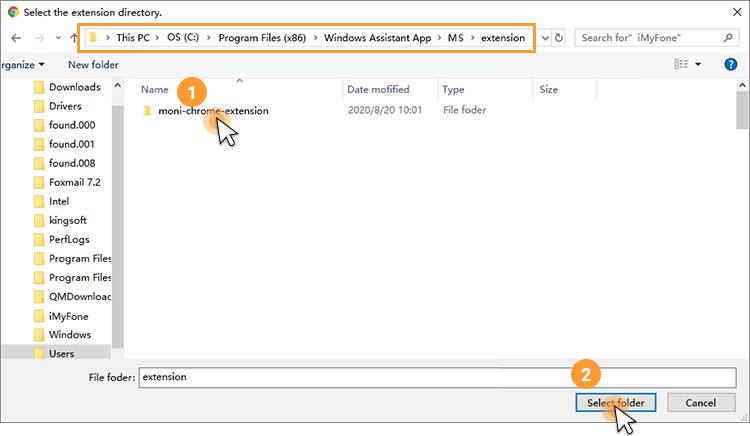
Step 5: After successfully verfity, FamiGuard Monisen will hide itself, and you can monitor the target Windows from the online dashboard now.
Please be aware that the first sync may take some time, and no data uploads when the target computer is idle.
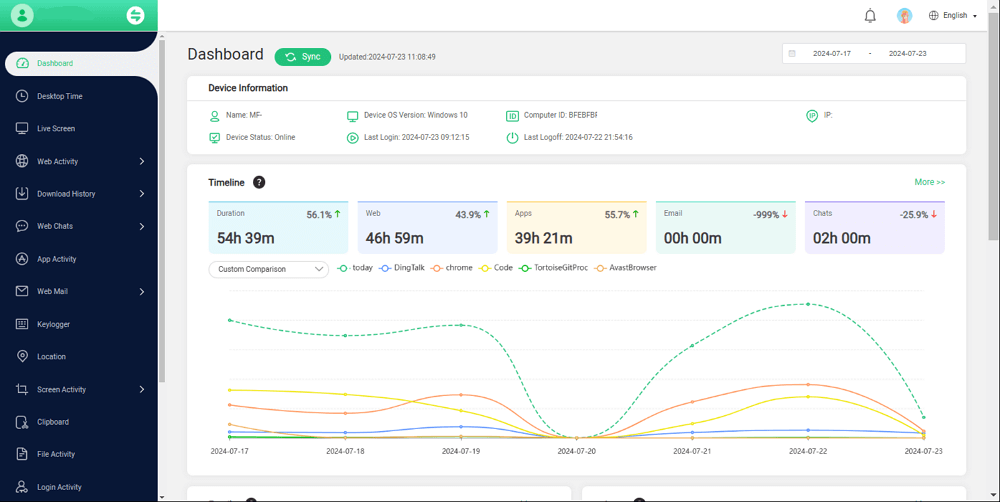
Part 5: How to Protect Your Computer from Monitoring
If you feel that somebody is monitoringing on a computer you use, make sure to implement some preventive measures. Here are the steps you can follow to secure your computer against monitoringing.
Keep the Computer Software Updated
You must make sure your computer’s operating system and browsers are updated. You must also check whether all the software used to mitigate security vulnerabilities is installed on your computer. Various monitoringware removal tools are available, including free offerings. Choose and install a reliable anti-monitoringware program.
Enable a Firewall
Most computers today come installed with operating systems that have built-in firewalls, which are easy to enable. Make sure to use a firewall to block illicit access to your computer and thus ensure its security.
Data Encryption and Regular Backups
It is vital to encrypt your sensitive files and implement full-disk encryption to secure your data from illicit access. You must also regularly back up your data to a cloud service or an external drive to ensure easy recovery if monitoringware makes your computer’s security and privacy vulnerable.
If a third party intends to monitor on the computer you use, following the practices below can help maintain its security and privacy.
- Download a pop-up blocker to protect your computer system against monitoringing. Many browsers have built-in blockers to prevent monitoringware from entering your system.
- Email links and attachments can carry malware. To avoid the entrance of monitoringware into your computer system, refrain from clicking on unknown links or opening suspicious email attachments.
- Use strong, unique passwords for all accounts and regularly change them to reduce the odds of security vulnerabilities.
- You can configure your browser’s settings to block pop-ups and avoid anonymous tracking. You can also use privacy-focused browsers and extensions.
- Use an encrypted, secure Wi-Fi connection. Avoid using public Wi-Fi, especially when conducting sensitive transactions, unless you are using a VPN.
Conclusion
Staying aware of computer monitoring saves your computer from being illicitly accessed by a third party. Individuals and businesses must be vigilant against monitoringware to maintain digital privacy and protect their information and finances. To avoid computer monitoringing, it is vital to regularly check the computer for any suspicious activity and be cautious when browsing and downloading online. For a business intending to monitor its employees’ activities, FamiGuard Monisen is a feature-rich computer monitoring software. It ensures the security and optimal productivity of employees.
By Tata Davis
An excellent content writer who is professional in software and app technology and skilled in blogging on internet for more than 5 years.



































